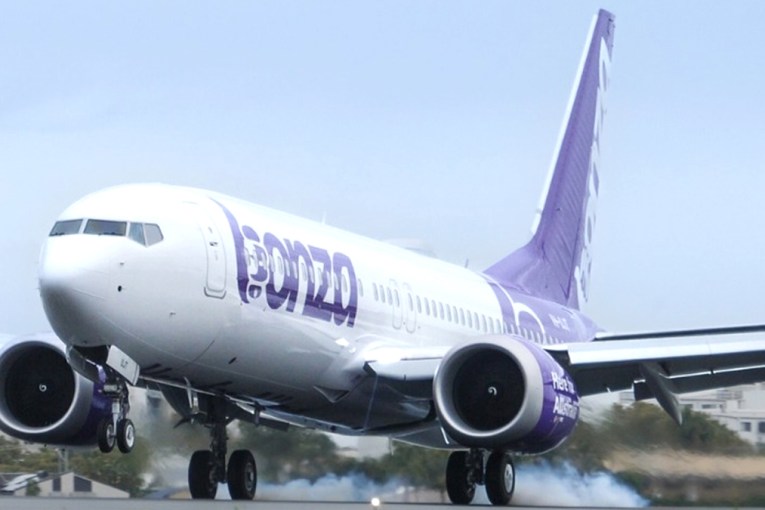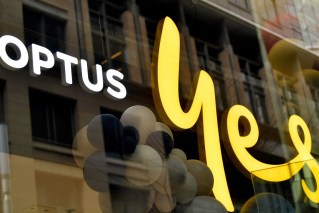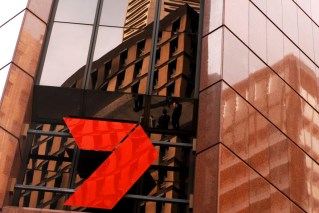Could the 2014 political year be more tumultuous than 2013?
Could the 2014 political year be more tumultuous than 2013?
In the past 12 months, Australians has witnessed three prime ministers, three treasurers and a revolving door of ministers.
There were successes for Labor, when it signed up the states to national disability insurance scheme and schools funding agreements, and an historic deal on regular leadership talks with China.
But there were also spectacular failures and scandals for the ALP after six years in office — notably the arrest of former Labor MP Craig Thomson, party elder Simon Crean’s ill-fated push for a leadership change and the September 7 election drubbing.
Even the most diehard Labor supporters blamed the bloody leadership saga — let’s call it Australia’s Game of Thrones — for ending the Rudd-Gillard era.
Abbott suffers continuing perceptions his default stance is negativity, which dogged him as opposition leader.
The first popular election of a Labor leader, which saw the Right’s Bill Shorten defeat the Left’s Anthony Albanese, is likely to neutralise any instability over the current term.
However, with Labor’s feuding over and the new coalition government under Tony Abbott settling in, the political focus will turn to the states in 2014.
Three state elections are on the cards — in South Australia (March), Tasmania (May) and Victoria (November) — and an early election in Queensland in the final quarter of the year is considered likely despite Premier Campbell Newman saying he intends to “go full term”.
Then there’s the Senate election re-run in Western Australia, depending on the High Court’s decision in the “missing votes” case, and a federal by-election in Kevin Rudd’s seat of Griffith.
The end of local car production by Holden has made the SA election a tighter affair, all but ensuring Abbott and Shorten will be involved in the campaign.

Sparring partners … opposition leader Bill Shorten (l) congratulates Prime Minister Tony Abbott (right) on the receipt of an Aboriginal fighting boomerang at the opening of the 44th Parliament in Canberra.
Abbott took a very keen interest in Tasmania during the federal poll, which saw the Liberals pick up three federal seats from Labor.
The prime minister has also unveiled a strategy to boost the Apple Isle’s economy, which, coupled with a decent state campaign, could result in the fall of its Labor-Greens government.
The ALP should make gains in Queensland — where it holds only seven out of 89 seats — but not enough to counter the landslide loss to the Campbell Newman juggernaut in 2012.
Victoria is also feeling the effects of a dying manufacturing sector, and turmoil within the finely-held parliament over the past year is pointing to a potential Labor gain.
The WA Senate race will be keenly fought, as it could determine the fate of key election promises of the Abbott government from July 2014, when the Senate balance of power changes.
Negotiating the carbon and mining tax repeal bills with a grab-bag of micro-parties and independents will be a significant challenge for Abbott, despite most of the newcomers having conservative leanings.
Abbott’s first months in office have not been without difficulty.
His political honeymoon lasted about 10 weeks, coming to a halt over a scandal not of his own making — revelations that Australian spies tapped Indonesian president Susilo Bambang Yudhoyono’s telephone in 2009.
The repercussions will continue into 2014, as Abbott and his Foreign Minister Julie Bishop rebuild relations with what the prime minister describes as Australia’s most important partner.
Relations with major trading partner China have also soured over Australia’s position on an air defence zone in the East China Sea, which will require careful diplomacy to sweeten.
On the domestic front, climate change and the environment are a potential weak point for the government.
There is no flesh on the bones of its Direct Action policy and there are concerns in the business sector about a lack of focus on green energy and low-carbon technology – potentially a much bigger industry than car making.
More broadly, Abbott suffers continuing perceptions his default stance is negativity, which dogged him as opposition leader.
Thank you to the team from @wishing_tree and @salvos for their help with all the gifts today. #kmartwishingtree http://t.co/bxhXKF6zRG
— Tony Abbott (@TonyAbbottMHR) December 18, 2013
As one person told a recent opinion study by Melbourne researcher John Scales: “There are about half a dozen things they are going to roll back but they have not told us about anything new they are going to do.”
The coalition has created a problem for itself in making “cleaning up Labor’s mess” its number one priority, when it appears voters want to see more of its vision for the future.
The prime minister will have plenty of opportunities in 2014 to portray himself as a man of global vision.
He will chair the Group of 20 leaders’ summit in Brisbane in November and, having a seat on the United Nations Security Council, find himself much in demand for bilateral meetings as he travels through Asia and Europe.
The national commission of audit and a flurry of white papers, reviews and inquiries will arm the government with ideas for the May budget and beyond.
Turning ideas into action, while honouring all of his election promises, helping his state coalition mates and wading through the political mire of a defensive Senate will keep Tony Abbott busier than a one-legged tightrope walker.
AAP







